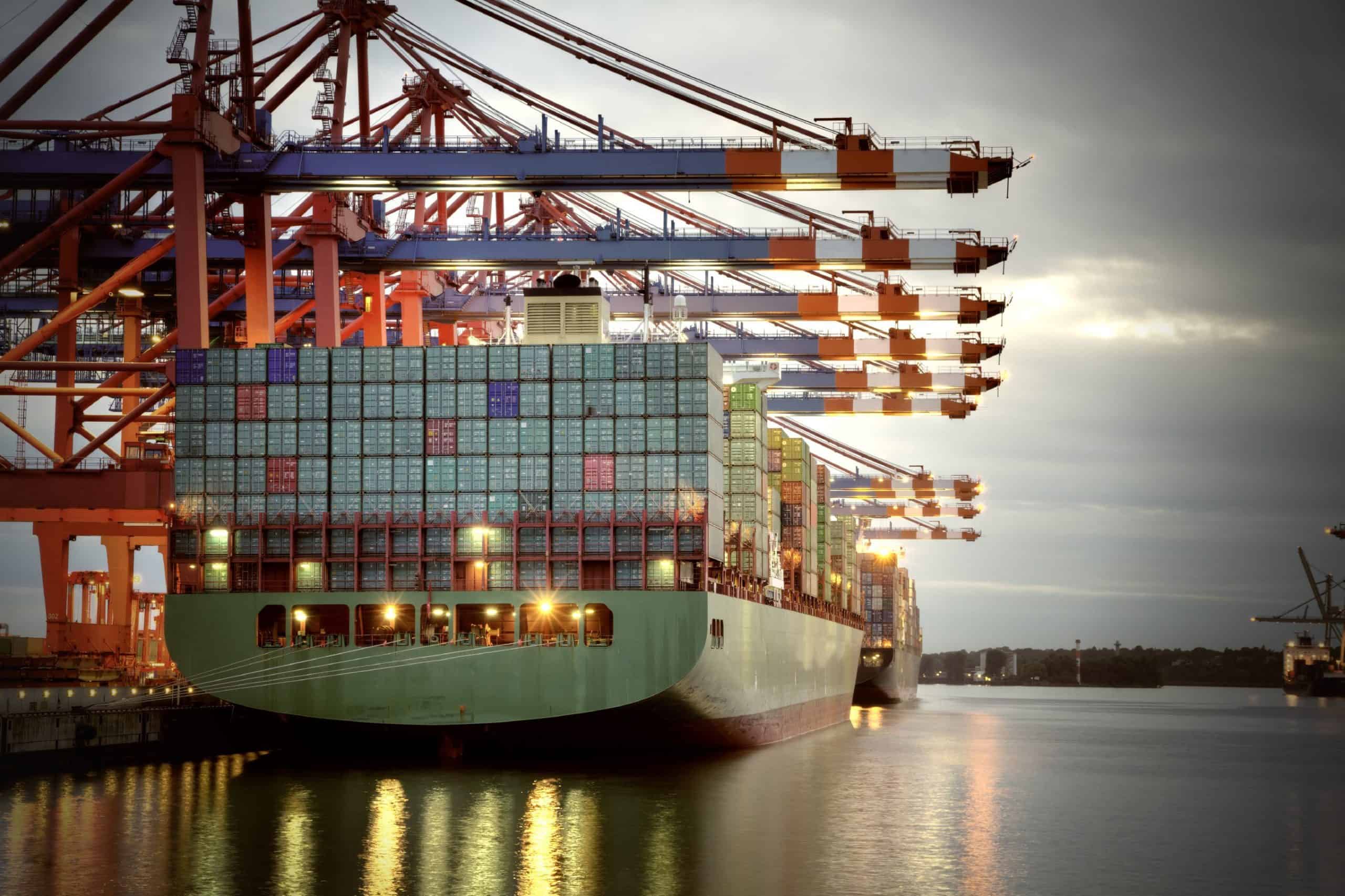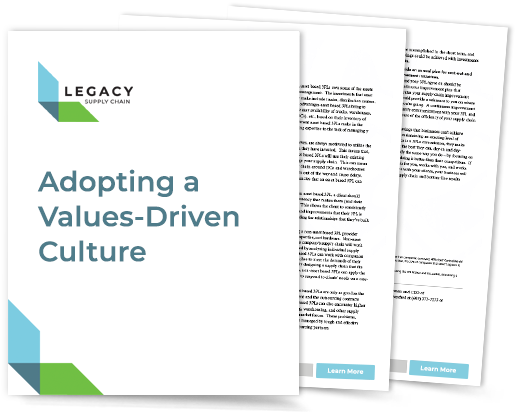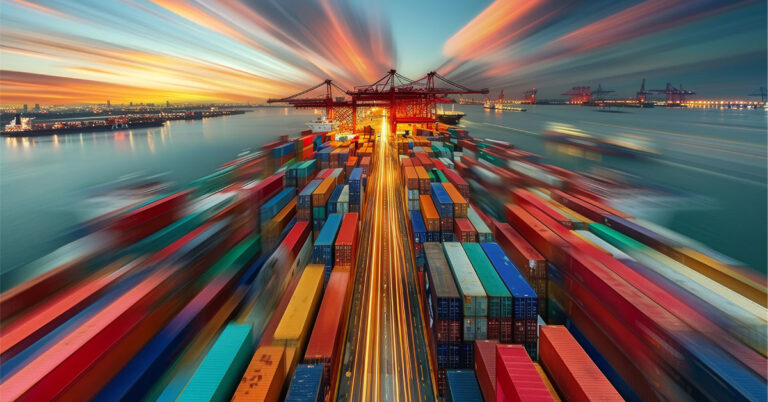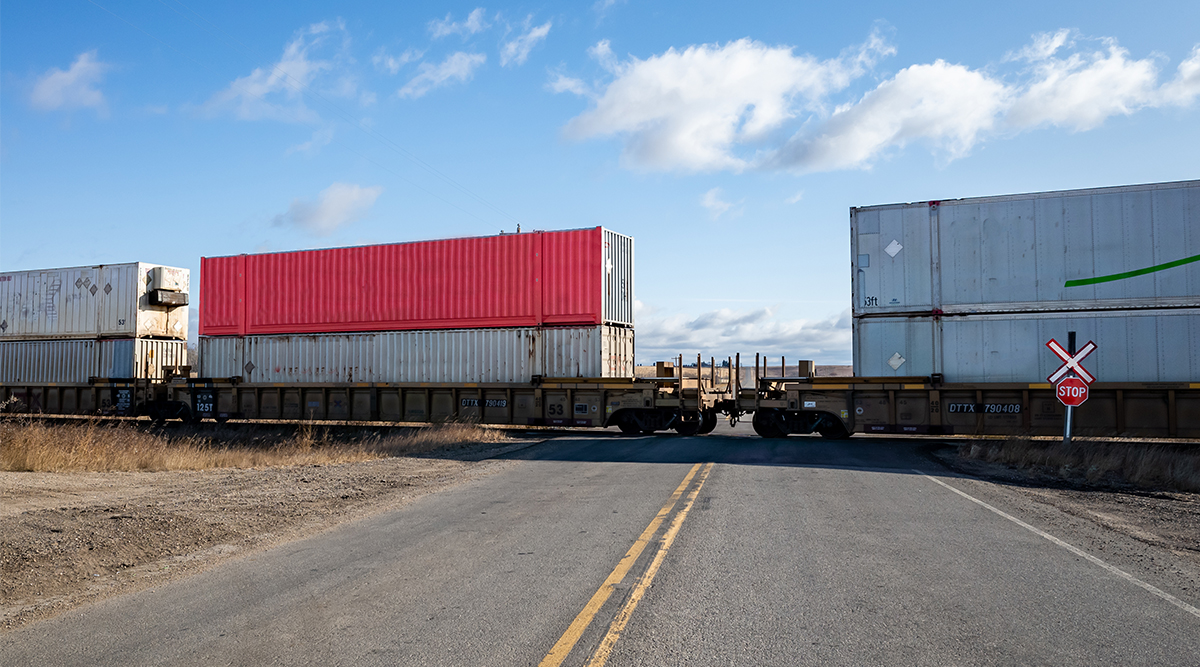Water Resources Reform and Development Act (WRRDA) Becomes Law, International Ocean Shipping Managers Take Note
This week, the Water Resources Reform and Development Act or WRRDA, was signed into law by the President, after passing both the House and Senate earlier this month with overwhelming bipartisan support. The measure passed in the House 412-4, and the Senate 91-7.
As the first water bill passed in 7 years, this piece of legislation approves $12.3B in funding for major improvements of waterways across the country, including several major US ports.
This bill contains legislation significant to supply chain transportation managers, with language:
- authorizing needed investment in America’s ports;
- supporting underserved and emerging ports;
- reforming and preserving the Inland Waterways Trust Fund, which pays for the construction and rehabilitation of the country’s inland waterways system; and
- authorizing priority water resources infrastructure improvements recommended by the Chief of the Army Corps of Engineers to improve navigation and commerce and address flood risk management, hurricane and storm damage risk reduction, and environmental restoration needs.
This is of note to supply chain managers, and specifically transportation managers handling ocean freight, as it impacts US ports both short-term and long-term. As illustrated in this video on the WRRDA by House Transportation & Infrastructure Committee Chairman Bill Shuster,
99 percent of the goods the United States trades, sell, and import around the world go through U.S. ports, representing $1.4 trillion worth of goods every year.
While specific projects such as the Boston Harbor Dredging Project and the Savannah Harbor Deepening Expansion in the Port of Savannah had major projects approved, many other major ocean freight ports including the West Coast ports in Los Angeles, Long Beach, Tacoma and Seattle, will be eligible to benefit from rebates on the Harbor Maintenance Tax that importers are assessed. Until now, many West Coast ports have avoided this costly tax by bringing goods in from Canadian ports.
“…this is the first provision passed in 30 years recognizing the cost disadvantage created by the harbor maintenance tax to U.S. ports and seeking to protect U.S. jobs at risk to cargo diversion,”
— Port of Seattle spokesman Peter McGraw.
This past year, about 65 percent of the Harbor Maintenance Tax Trust Fund was spent on harbor maintenance, with the remainder going to help plug the deficit. The WRRDA requires that by 2025, 100 percent of the proceeds from HMT will be spent on harbors maintenance.
If this HMT rebate is successful in bringing more transportation through US West Coast ports, it could mean additional increase down the road in the Harbor Maintenance Tax Trust Fund.
There are many other implications that WRRDA has on US ports, transportation, international importing and infrastructure, and it will be important for transportation managers to keep an eye on the developments in the coming months as WRRDA goes into effect.
Transportation management is one of the services we offer to our clients, and understanding how changes like this can affect your supply chain is part of our commitment to improving, growing and protecting your business. For more information on ocean freight and international transportation, read our recent posts on NVOCC transportation benefits for small-to-midsized shippers or large shippers, or contact one of our transportation management experts to discuss how changes like these can affect your supply chain.
-
Tariff Update: Where things are heading next
The buzz around tariffs has settled down over the last few weeks. Progress is being made in many areas, so the purpose of today’s post is...
+ Read more -
Successful 3PL-Customer Relationship – 6 Cornerstones
Hiring a third-party logistics (3PL) provider is a strategic approach for businesses to increase their capacity without expanding their...
+ Read more -
Canadian Rail Strike? – What We Know So Far
On May 1st, CN (Canadian National Railway) and CPKC (Canadian Pacific Kansas City) rail workers voted overwhelmingly to authorize a strike...
+ Read more





